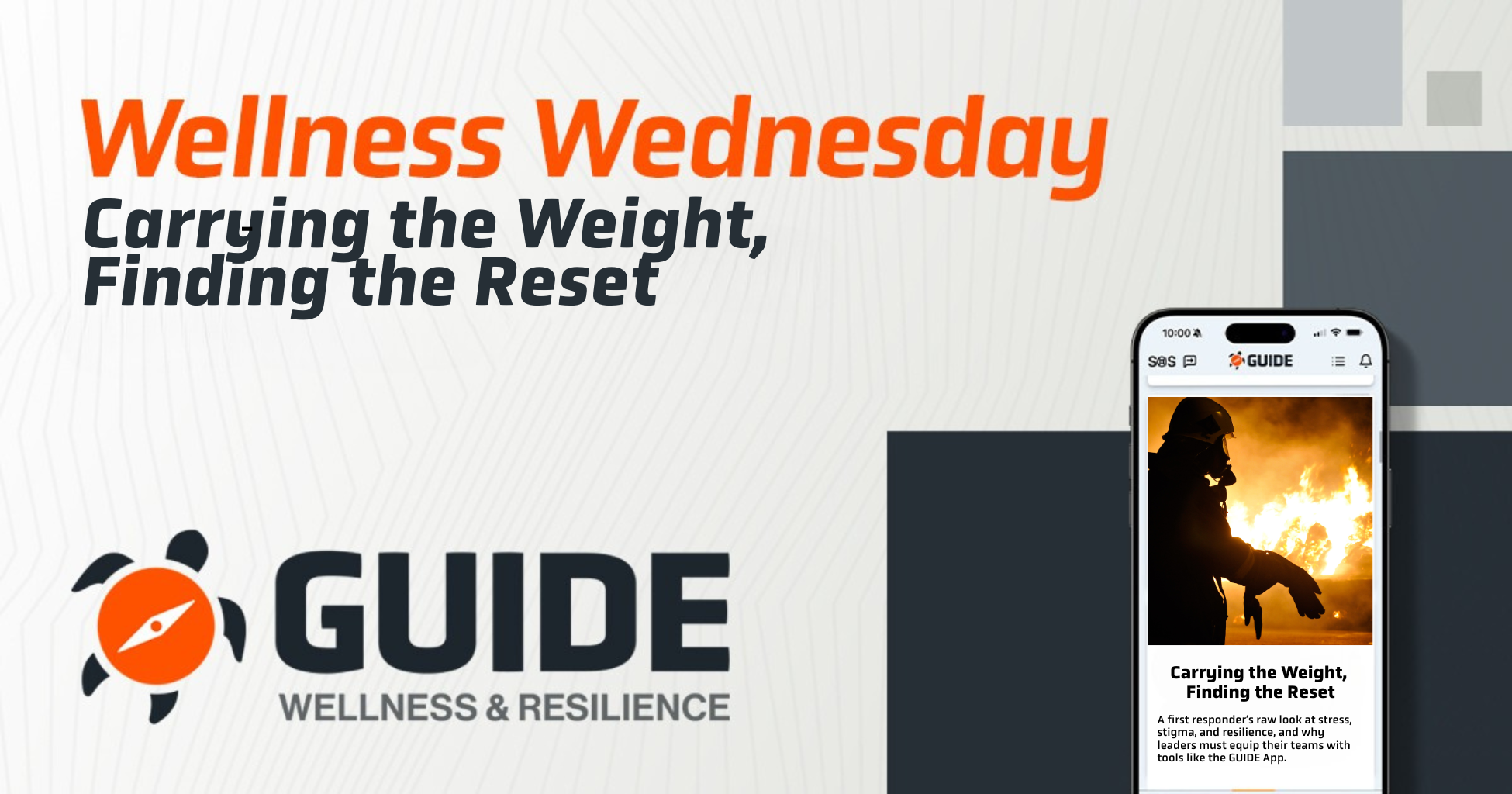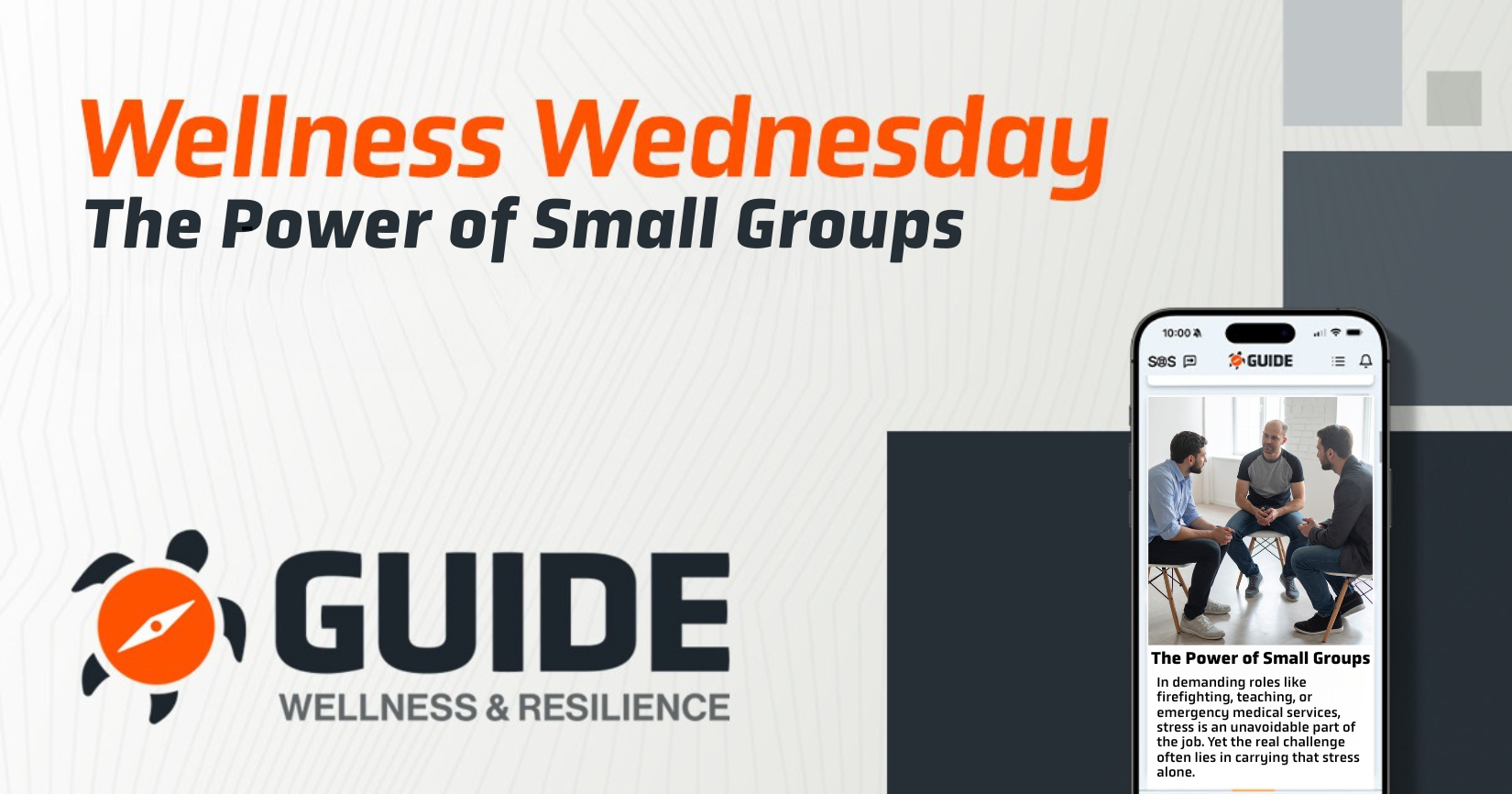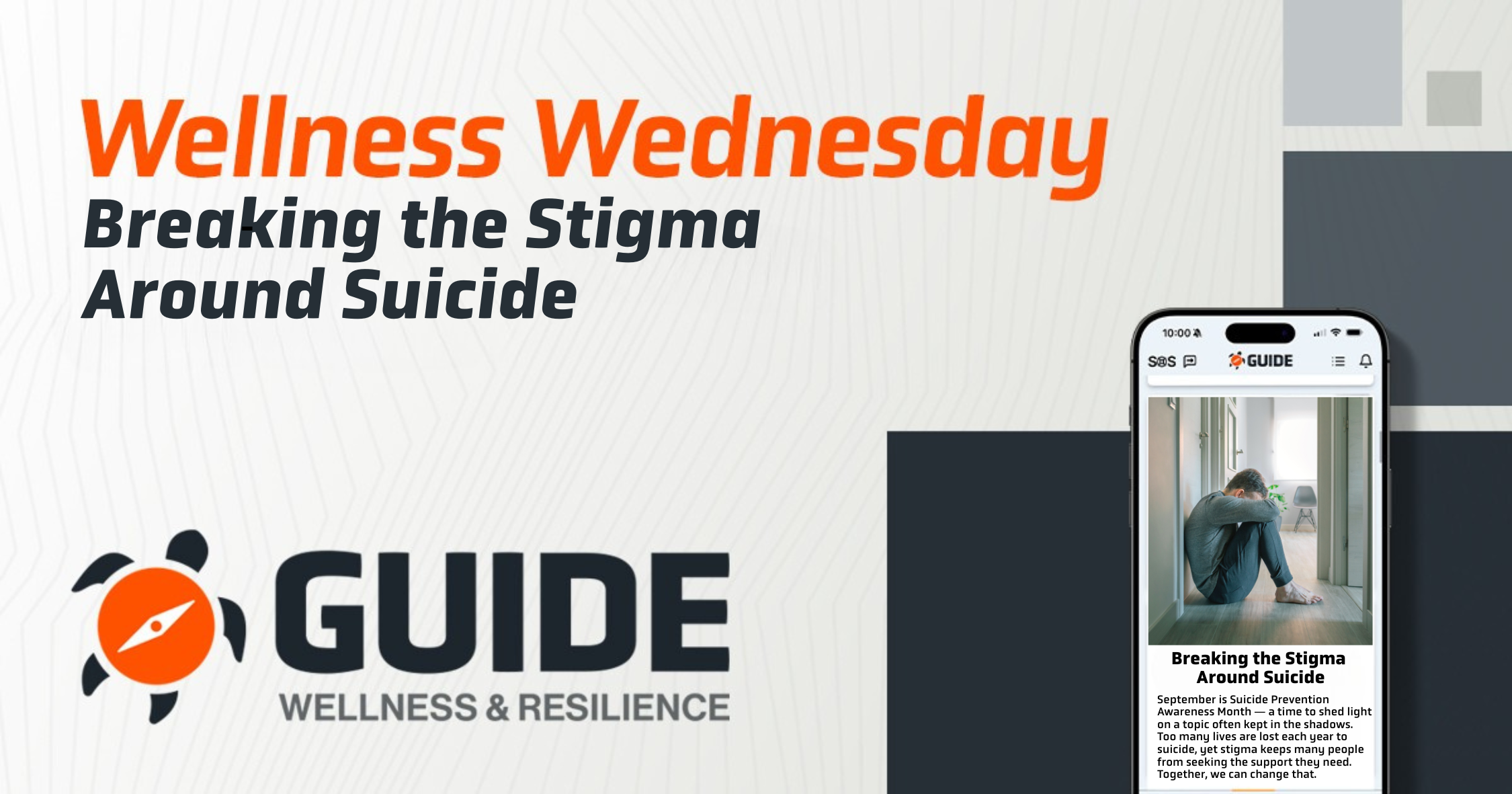The Job We Chose
I’ve been in this line of work long enough to know one thing: you don’t walk away from this job without some scars. Some you can see. Most you can’t.
We don’t put on the uniform for glory, or for the paycheck. We do it because someone has to show up when the call comes in. When the alarm drops, when the smoke rolls, when the shots ring out, when the worst day of someone’s life is unfolding, we’re the ones who run toward it. That’s the oath we signed up for.
But here’s the part no one tells you when you’re shiny-eyed in the academy. The calls don’t leave you when you punch out. They pile up. The kid you couldn’t save. The family you had to notify. The wreck at 2 a.m. that looked too much like your brother’s car.
We carry those calls inside us. And over time, the weight gets heavy.
The Culture of “I’m Fine”
Ask any firefighter, cop, or medic how they’re doing, and nine times out of ten you’ll get the same answer: I’m fine.
But we all know “fine” is code. It means don’t ask. It means I’m still breathing, still showing up, don’t make me say more.
We’ve built a culture around being tough. And toughness is part of the job. You can’t freeze when someone else’s life is on the line. But toughness can also be a trap.
Because what happens when “I’m fine” is no longer true?
For too many of us, it looks like burnout, broken marriages, drinking too much, sleeping too little, snapping at the people we love. And in the worst cases, it looks like a folded flag and a funeral detail.
The truth is, ignoring it doesn’t make it go away.
What Stress Really Does to Us
Let’s be real: stress is part of the job. But we weren’t built to live in it 24/7.
Your body knows when you’re in danger. Your heart rate spikes, adrenaline dumps, vision sharpens, muscles tighten. That’s survival mode. The problem is, in our world, survival mode doesn’t shut off. Call after call, shift after shift, the switch stays stuck.
And here’s the kicker: you don’t always notice it. Stress doesn’t just show up as panic attacks or sleepless nights. Sometimes it looks like:
- Forgetting small details on the job
- Losing patience faster than you used to
- Feeling numb at home, like you’re watching life instead of living it
- Waking up exhausted even after a “full night’s” sleep
- Getting sick more often because your immune system’s shot
That’s not weakness. That’s physiology.
The Stigma Problem
We’ve made progress in talking about mental health in this profession, but stigma is still real.
I’ve heard it a thousand times: “If I ask for help, I’ll lose my badge.” Or, “If I go to a counselor, the guys won’t trust me on the next call.”
So we stuff it down. We joke about it in the bay. We blow it off at the bar. And then we wonder why the divorce rates are high, why our brothers and sisters are burning out, why suicide has become the silent killer in our ranks.
The truth is: getting help doesn’t make you less of a firefighter, cop, or medic. It makes you a better one. But until the culture fully shifts, we need tools that work in the shadows. Private, fast, stigma-free.
What I Found in GUIDE
That’s where the GUIDE App comes in. And before you roll your eyes, no, it’s not another generic wellness gimmick. It’s not telling you to light a candle and chant. It’s built for us.
GUIDE is simple:
- Open it up when you’ve got 3 minutes between calls.
- Run a quick stress reset, check in, or grab a peer support resource.
- Close it, and get back to the job.
No fluff. No judgment. No file that goes back to your department.
And here’s the thing: it works. Clinical research showed users had up to 30% symptom reduction in just 30 days. That’s not just numbers. That’s better sleep, sharper focus, and a shorter fuse on the things that were dragging me down.
It’s not therapy, and it’s not meant to be. But it’s a tool in the toolbox. And in this line of work, having the right tools is the difference between breaking down and staying mission-ready.
Leadership’s Responsibility
If you’re reading this as a chief, a captain, or a supervisor, you already know this: your people are your greatest asset. Gear can be replaced. Trucks can be fixed. But if your people go down, the whole system goes with them.
We’ve lost too many good men and women to invisible wounds. And it doesn’t have to be that way.
Leaders set the tone. When you give your people access to real wellness tools, you’re not just checking a box. You’re telling them: I see you. I’ve got your back.
The GUIDE App is one way to do that. Private. Proven. Ready to roll out to your entire team.
The Bottom Line
This job will always take more from us than it gives. But we don’t have to keep bleeding quietly. We can take care of each other in smarter ways.
GUIDE isn’t about being soft. It’s about being strong enough to last. Strong enough to show up for your next call, your next shift, your next family dinner.
Because at the end of the day, the uniform comes off. The calls fade into the background. And what’s left is you. The man, the father, the husband, the brother. That’s the guy who deserves to be whole.




